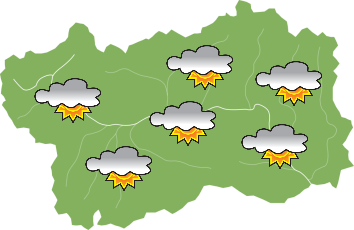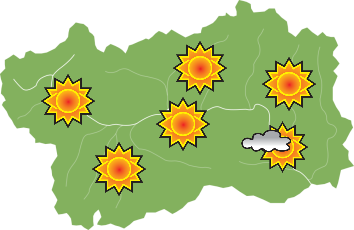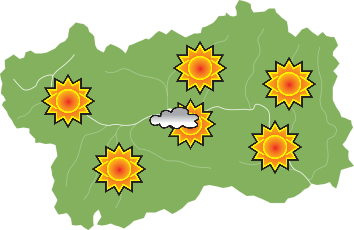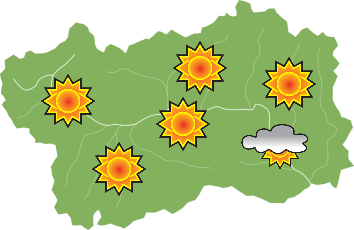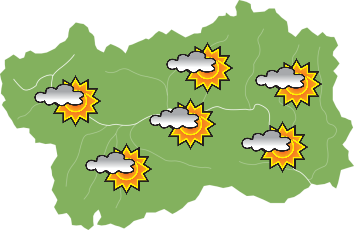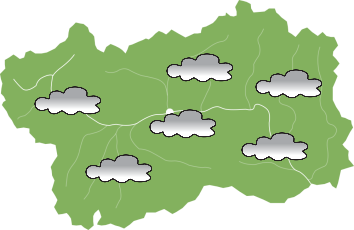Lake Villa nature reserve
Parks and reserves - Challand-Saint-VictorA glacial lake, with water from the subsoil, a niche of interesting species
The Lake Villa nature reserve was established in 1982 and covers 25 hectares at altitudes between 810 and 980 meters.
An oasis of peace where you can listen to the sounds of nature and admire the surrounding mountains. It is interesting to visit it in every season, to admire the colors of the changing leaves, as well as the plant and animal species that inhabit it.
Here is some information on the protected area:
- Environment: low mountain lake-marsh basin characterised by a clear contrast between the marshy lake area and surrounding dry area.
- Fauna: the nature reserve represents the main reproduction station on the regional level for the common toad. Some of the local reptiles include the lizard and the coluber while the fish fauna is made up of cyprinids and eels.
- Flora: the lake waters are home to two floating plants, rare in Valle d’Aosta, the white waterlily and the amphibian lily. The reed field is mainly populated by marsh reeds. Shrubs include hygrophilous woods near the shores and Scots pine and downy oaks on the surrounding sunny slopes.
It may be interesting to combine a visit to Lake Villa with a walk along path 11 which connects Lake Villa to Col d'Arlaz (along stage 6 of the Cammino Balteo trail, Challand-Saint-Victor - Saint-Vincent path) to discover the artistic path with works created using natural materials.
Accessibility
The lake site can be reached by everyone, even by people with disabilities: in the immediate vicinity of the entrance to the path that leads to the lake, there is in fact a parking lot for the disabled and the road surface has been completely paved, to also allow wheelchairs to move comfortably. However, it is recommended that you be accompanied and use an outdoor wheelchair or one with wheels suitable for uneven terrain.
How to get there
The municipal road which leads to the site is well indicated at the junction, along the regional road 45 of the Ayas Valley, after the village of Challand-Saint-Victor (a signboard indicates “Natural Reserve of Lake Villa”). 2,5 km after this junction, you will reach a small parking located directly on the side of the road. There you will find a signboard with the description of the site and its principal trails.





